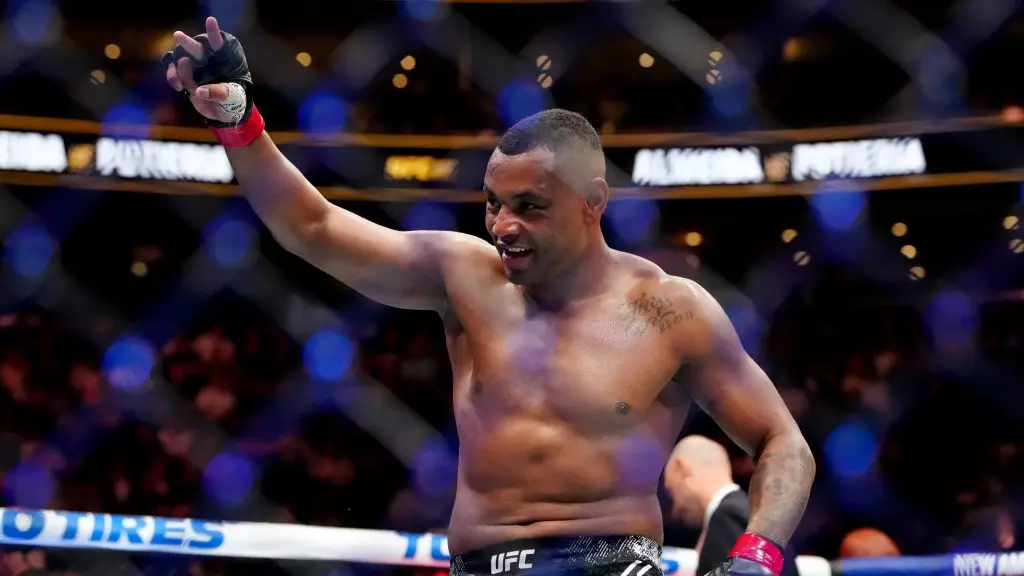In the world of mixed martial arts, fans often find themselves engrossed in the spectacle of grappling and striking. However, the narrative surrounding UFC 307 quickly shifted from the athletes involved to the officiating that governed their performance. Cesar Almeida faced Ihor Potieria in a bout that resulted in a unanimous decision victory for Almeida. While Almeida’s performance appeared dominant on paper, questions arose about the effectiveness and control of referee Dave Seljestad throughout the match.
Concerns Over Refereeing
During the 15-minute contest, spectators and commentators alike observed several instances of questionable officiating. Jon Anik, a prominent UFC commentator, was particularly vocal about the inconsistencies. There were moments when Seljestad was seen intervening to separate the fighters at the fence, raising eyebrows over his judgment of the fight’s flow. This scenario illustrates a critical issue in MMA: the fine line between maintaining control in the ring and allowing a fight to progress organically. The referee’s role is to ensure fighter safety while recognizing the evolving dynamics of combat, a balance that seemed skewed in this case.
Despite the spotlight on the officiating, Almeida appeared untroubled by the referee’s decisions. His post-fight comments reflected an understanding of the intense nature of mixed martial arts, acknowledging that fatigue could impact performance and decision-making. Almeida articulated that both he and Potieria faced exhaustion, and he rationalized the stoppages and separations as part and parcel of the sport. This mindset highlights the resilience required in MMA, wherein fighters must adapt to unpredictable circumstances within the cage—both in terms of their opponents and the officiating crew.
For Almeida, the victory against Potieria was notably significant following a split decision loss to Roman Kopylov earlier in June. The win reinstated his confidence and momentum within the division. Almeida expressed happiness about returning to winning ways, which underscores the emotional and psychological stakes involved in UFC bouts. Athletes often face immense pressure, as a single loss can derail aspirations of climbing the ranks, earning title shots, or even securing sponsorships.
Looking ahead, Almeida is eager to return to training and begin preparations for his next challenge, emphasizing his desire to face a ranked opponent. He indicated a timeline for his return, dependent on the recovery of an injury sustained during the bout, showcasing the commitment required for fighters to remain competitive at elite levels. By aiming for a top-15 opponent next, Almeida demonstrates his ambitions within the middleweight division and a readiness to climb higher despite the recent dust-up regarding refereeing.
While Cesar Almeida’s UFC 307 victory may have been marred by officiating controversies, the essence of the fight lies within the fighter’s journey to reclaim his status and establish himself in a fiercely competitive environment.

